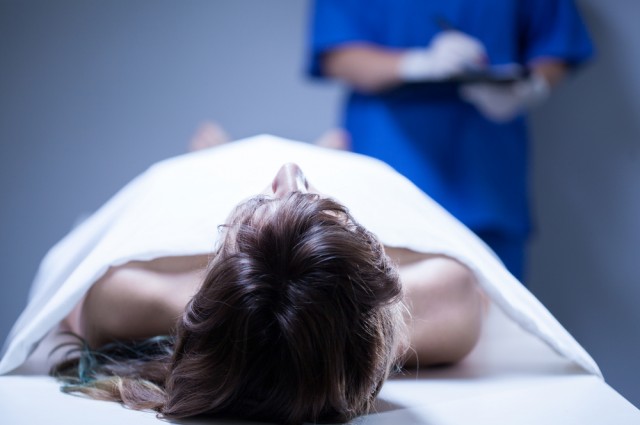A biotech company in the U.S. has been granted ethical permission by an Institutional Review Board in the U.S. and India to use 20 brain-dead patients for what is sure to be a highly controversial study: From next year, they plan to stimulate their nervous systems in order to restart the brains. Bioquark is hoping that its part in the groundbreaking ReAnima project will reveal if people can at least partly be brought back from the dead.
It is important to note that at this point, there isn’t much evidence to suggest how genuinely realistic or even serious this endeavor is; however, the panel of experts working on the initiative does include Dr. Calixto Machado, a well-known neurological researcher and a member of the American Academy of Neurology who has written extensively on brain death.
The team will test a combination of therapies on the participants, who have been medically certified as being brain dead and are only kept from decomposing by life support machines. Injecting the brain with stem cells, giving the spinal cord infusions of beneficial chemicals, and nerve stimulation techniques – which have been shown to bring people out of comas – will all be tried out.
After each therapy has been administered, the team will monitor the brain activity of the participants for several months, hoping to look for signs of neurological reactivation. Their focus will be on the upper spinal cord, which is the lowermost part of the brain stream that controls a person’s cardiorespiratory functions – breathing and a beating heart, essentially.
“To undertake such a complex initiative, we are combining biologic regenerative medicine tools with other existing medical devices typically used for stimulation of the central nervous system, in patients with other severe disorders of consciousness,” said Ira Pastor, the CEO of Bioquark Inc., as reported by the Telegraph. “We hope to see results within the first two to three months.”
The central nervous system is bioelectrochemical, in that it uses biologically manufactured chemicals called neurotransmitters to transmit electrical signals through the body. Stimulating neurons with electrical currents is one thing – even in a coma, the neurons will be able to respond to electrical stimulation – but after brain death, neurons begin to wither away and degenerate, so for any “resurrection” to occur, the team will need to stimulate the regeneration of neurons in these brain-dead folk.
This is presumably where the stem cells come in, which in their most primitive state can differentiate into any cell in the human body. Although there has been plenty of remarkable progress using them to regenerate damaged heart, pancreatic, eye or even brain tissue, for example, there is a long way to go before stem cells can simply be injected into humans, allowing them to regenerate any type of lost cell.
In any case, the trials will begin at Anupam Hospital in Rudrapur, Uttarakhand in India. For this stage, the brain-dead people will be continuously given cocktails of peptides, chemicals that can act as neurotransmitters, along with biweekly injections of stem cells.
“It is a long-term vision of ours that a full recovery in such patients is a possibility, although that is not the focus of this first study,” Pastor added. “But it is a bridge to that eventuality.”
Fuente: www.iflscience.com
